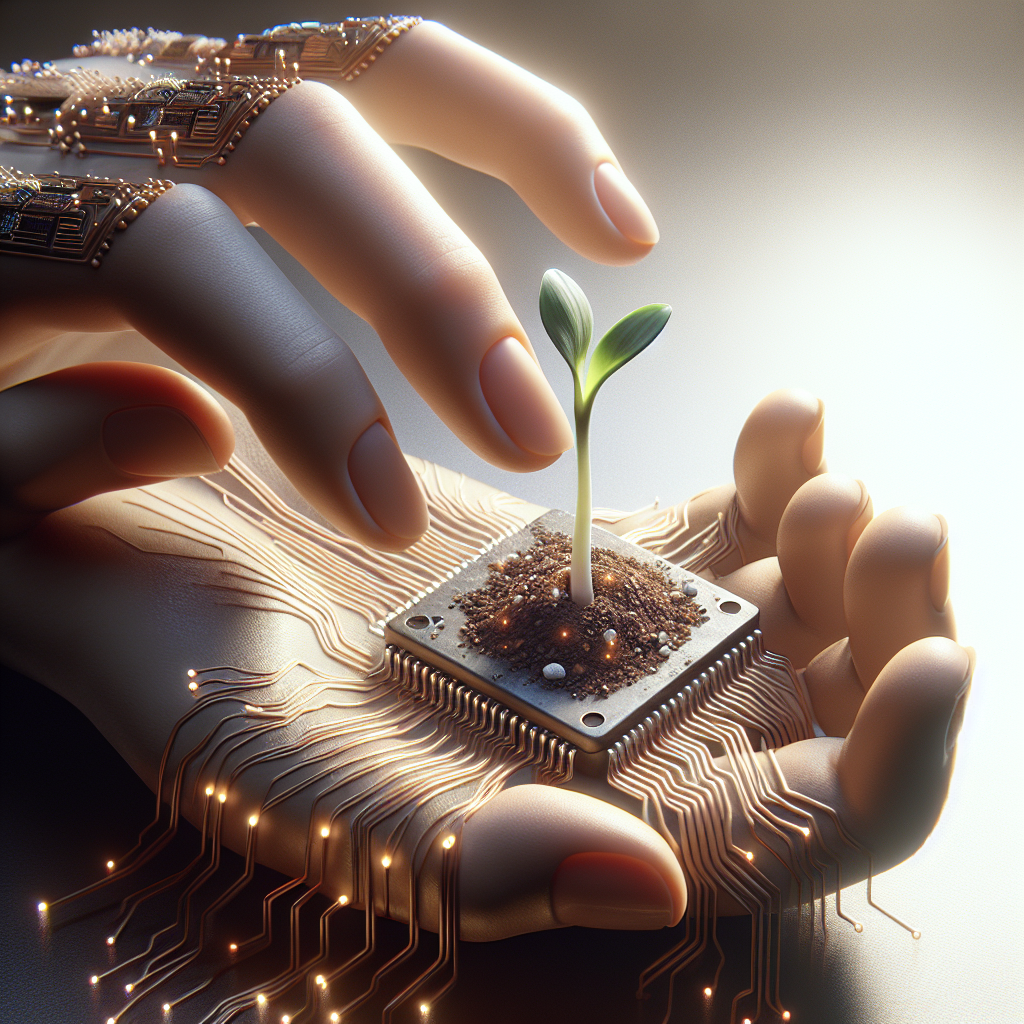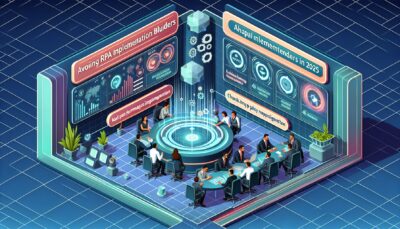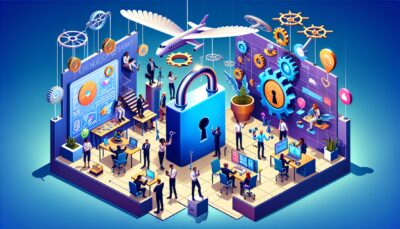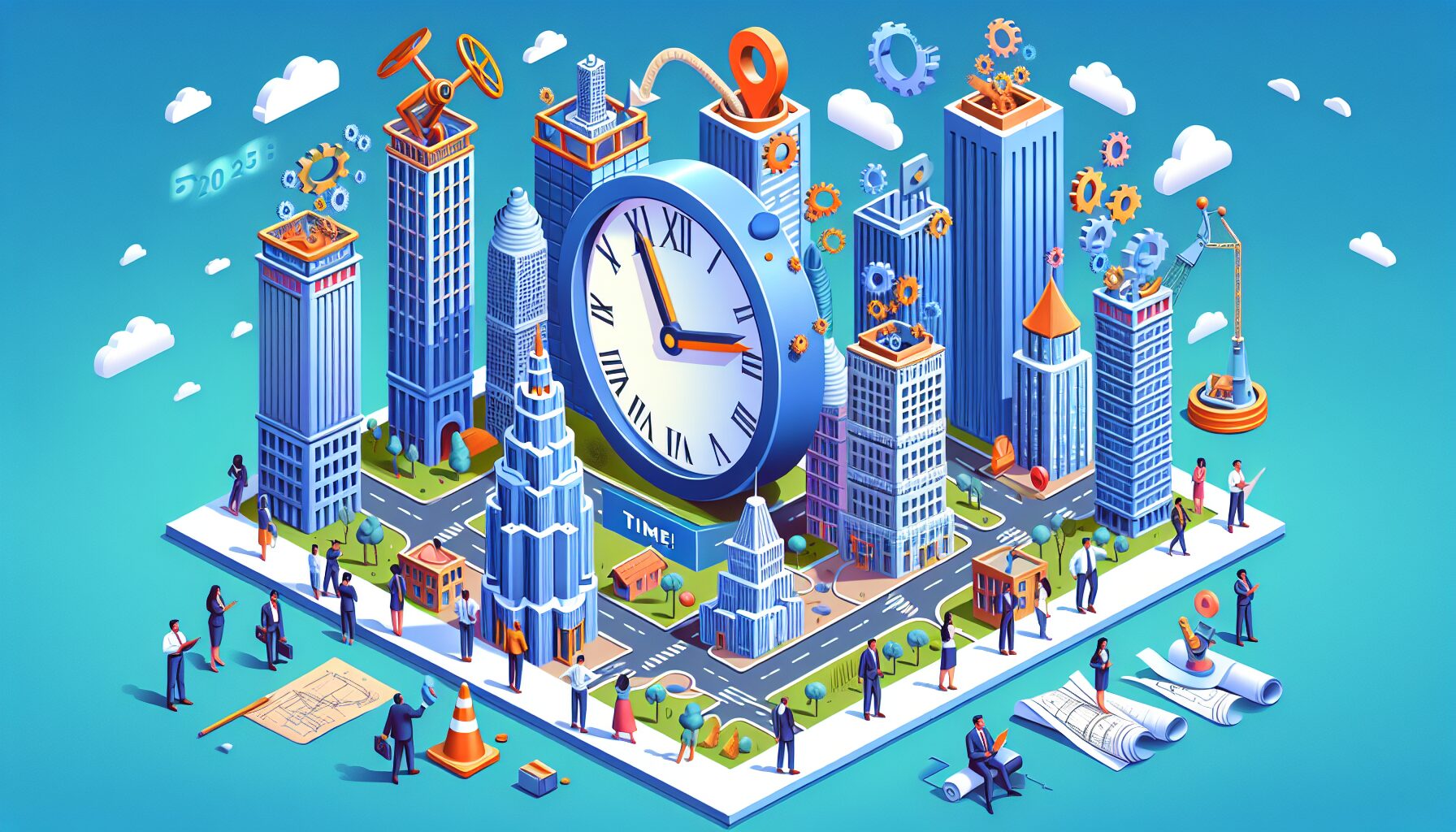The AI Revolution Is Accelerating Across Industries
Artificial intelligence is no longer a distant vision—it’s reshaping the way businesses operate and people live today. The AI revolution has moved from experimental labs into mainstream applications that enhance productivity, improve decision-making, and create new opportunities for growth. From healthcare diagnostics to automated customer service, AI technologies are becoming indispensable tools across sectors. As adoption rises, the pace of innovation quickens, signaling that this revolution is only just beginning.
Groundbreaking improvements in machine learning models, natural language processing, and computer vision continue to push the boundaries of what AI can achieve. These advances enable more human-like interactions, smarter analysis of massive datasets, and autonomous systems that perform complex tasks with minimal supervision.
Key Technologies Driving the AI Revolution
The AI revolution encompasses a broad range of technologies, each contributing to the growing capabilities of intelligent systems.
Machine Learning and Deep Learning
Machine learning (ML) forms the backbone of many AI applications by enabling computers to learn from data rather than relying on explicit programming. Deep learning, a subset of ML, uses neural networks modeled after the human brain to analyze complex patterns within massive data sets. This approach powers impressive breakthroughs in image recognition, speech synthesis, and more.
– ML applications range from recommendation engines (Netflix, Amazon) to fraud detection and autonomous vehicles.
– Deep learning enables AI systems to understand natural languages, generate art, and improve medical imaging interpretation.
Natural Language Processing (NLP)
NLP allows machines to comprehend, interpret, and generate human language in meaningful ways. This technology is critical for chatbots, virtual assistants, sentiment analysis, and language translation services. The AI revolution is making customer communication and data analysis more natural and efficient through ongoing improvements in NLP algorithms.
– Examples include AI-driven customer support platforms and real-time language translators.
– Advances in NLP models like transformers have significantly enhanced context understanding and response generation.
Computer Vision
Computer vision empowers machines to interpret visual information from the world, simulating human sight. It underpins facial recognition, object detection, and autonomous navigation. With AI revolutionizing industries such as retail, security, and manufacturing, computer vision systems help automate processes and improve safety.
– Retailers use computer vision for inventory management and cashier-less stores.
– In healthcare, it aids in diagnostic imaging and surgical assistance.
Transforming Business Models in the AI Revolution
The AI revolution isn’t just about new tech; it’s redefining business strategies and value creation.
Automation and Efficiency Gains
Businesses leveraging AI have dramatically enhanced operational efficiency. AI-powered automation reduces repetitive tasks, boosts accuracy, and frees human workers to focus on strategic activities.
– Examples include robotic process automation (RPA) handling back-office functions such as invoicing and data entry.
– AI-driven supply chain optimization enables real-time demand forecasting and dynamic inventory management.
Personalization and Customer Experience
Personalized experiences increase customer loyalty and engagement. The AI revolution empowers companies to analyze customer behavior, predict preferences, and deliver tailored offerings at scale.
– Streaming platforms leverage AI to recommend movies and shows uniquely tailored to each user.
– E-commerce uses chatbots and dynamic pricing algorithms to provide seamless shopping experiences.
New Revenue Streams and Innovation
AI enables the creation of entirely new products and services that were previously unimaginable.
– The rise of AI as a service (AIaaS) allows smaller companies to access AI capabilities without heavy upfront investment.
– Companies can harness AI-generated insights to explore untapped markets or develop innovative business models.
The Societal Impact and Ethical Considerations of the AI Revolution
As the AI revolution unfolds, it’s crucial to address the societal implications and ethical challenges it presents.
Job Displacement and Workforce Transformation
Automation raises concerns about job losses in certain sectors. However, history suggests a complex dynamic where new roles emerge even as others decline.
– Workers will need ongoing reskilling to thrive alongside AI technologies.
– Governments and organizations must collaborate on policies that support workforce transitions.
Bias, Privacy, and Accountability
AI systems can inadvertently perpetuate biases present in training data, leading to unfair outcomes. Privacy concerns arise from pervasive data collection, while accountability questions emerge around AI decision-making.
– Ethical AI development requires transparency, rigorous testing, and diverse data sets.
– Regulatory frameworks are being proposed globally to safeguard individual rights and promote responsible innovation.
Where the AI Revolution Is Heading Next
The AI revolution is evolving rapidly, with several exciting trends on the horizon.
Explainable and Trustworthy AI
Future AI systems aim to be more interpretable and trustworthy, providing clear reasoning behind decisions. This increase in transparency will boost adoption in sensitive areas like medicine and law.
Edge AI and Real-Time Processing
Processing AI algorithms on devices locally (edge computing) reduces latency and dependence on cloud infrastructure. This enables smarter IoT devices and faster autonomous systems.
AI Empowering Creativity and Collaboration
AI tools are expanding creative possibilities, assisting artists, writers, and designers. Collaborative AI-human workflows will become common, enhancing productivity and innovation.
How to Embrace the AI Revolution Today
Individuals and organizations looking to benefit from the AI revolution can take practical steps now.
– Invest in learning AI fundamentals and staying updated on trends.
– Experiment with AI tools relevant to your field to automate tasks and generate insights.
– Foster an organizational culture open to innovation and ethical AI adoption.
– Collaborate with AI experts and access scalable AI platforms to accelerate projects.
By acting proactively, you position yourself to thrive in a world where AI capabilities continuously expand.
Discover more insights and practical guidance on AI advancements and implementation strategies at https://khmuhtadin.com.
Harness the momentum of the AI revolution to innovate, grow, and shape the future on your own terms. The journey has only just begun—embrace the possibilities today.





